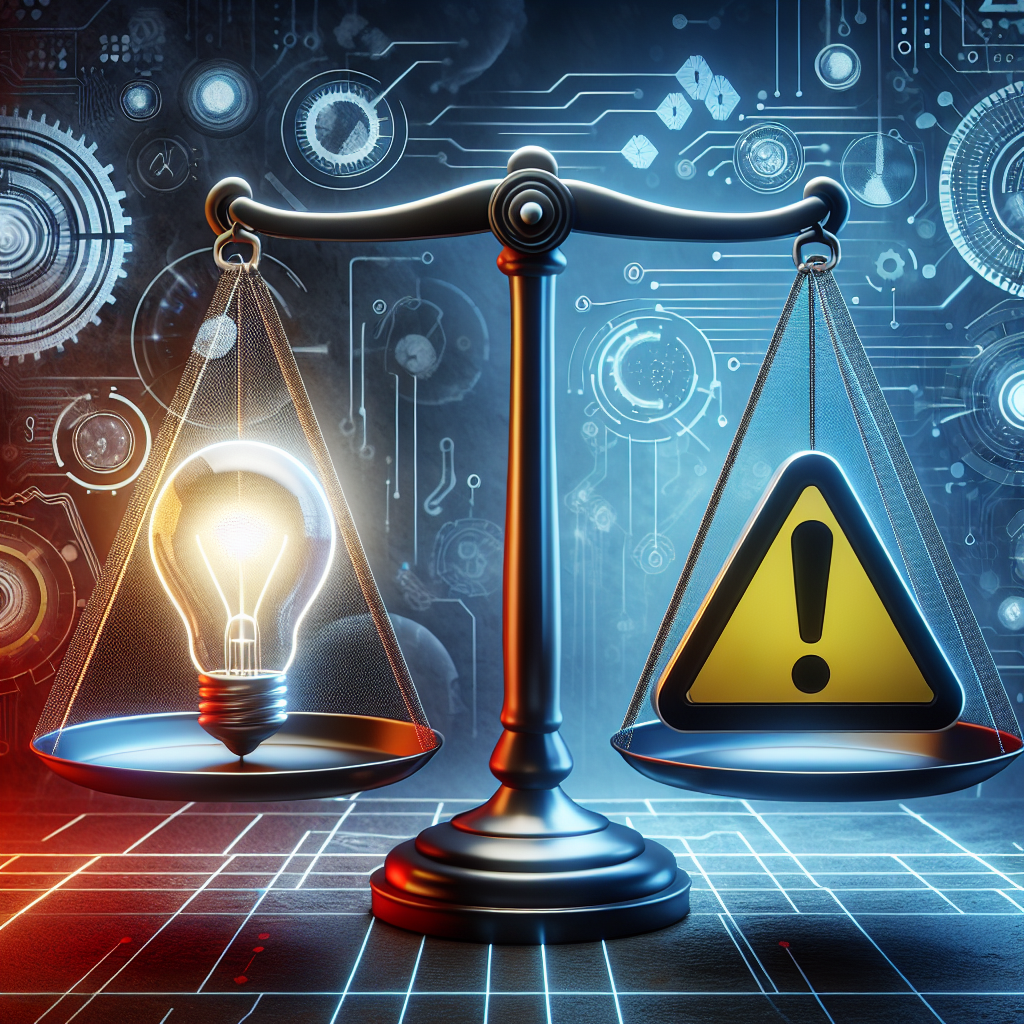Generative Artificial Intelligence (AI) has been making waves in various industries, from creating artwork and music to generating text and video content. While the capabilities of generative AI are impressive, it also raises ethical dilemmas that need to be carefully navigated.
One of the main ethical concerns surrounding generative AI is the potential for misuse and manipulation. For example, there is a growing concern about the use of AI to create deepfake videos, which can be used to spread misinformation and manipulate public opinion. This raises questions about the responsibility of AI creators and users to ensure that their technology is not used for malicious purposes.
Another ethical dilemma is the issue of bias in generative AI algorithms. AI systems are trained on vast amounts of data, which can inadvertently reinforce existing biases and stereotypes. This can result in discriminatory outcomes in areas such as hiring, lending, and criminal justice. It is crucial for developers to address bias in their algorithms and ensure that they are fair and unbiased.
Privacy is also a major concern when it comes to generative AI. As AI systems become more advanced and capable of generating highly realistic content, there is a risk that personal data could be exploited for malicious purposes. It is essential for companies to prioritize data protection and ensure that user privacy is respected when using generative AI technology.
Despite these ethical challenges, generative AI also offers significant rewards. For example, AI-generated content can enhance creativity and productivity in various fields, such as art, literature, and design. It can also help automate repetitive tasks and streamline workflows, leading to increased efficiency and innovation.
To navigate the risks and rewards of generative AI, it is essential for companies and developers to prioritize ethical considerations in the design and deployment of AI systems. This includes being transparent about how AI systems are trained and used, implementing safeguards to prevent misuse, and regularly auditing algorithms for bias and discrimination.
Ultimately, the ethical dilemmas of generative AI highlight the importance of responsible AI development and deployment. By addressing these concerns and prioritizing ethical considerations, we can harness the power of generative AI to drive positive change and innovation while mitigating potential risks and harms.

Leave a Reply
You must be logged in to post a comment.